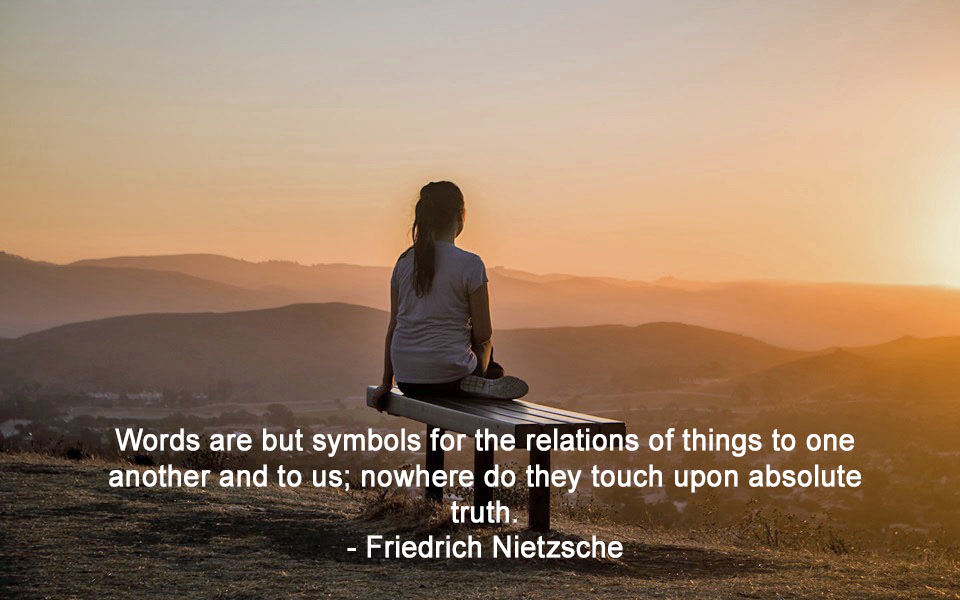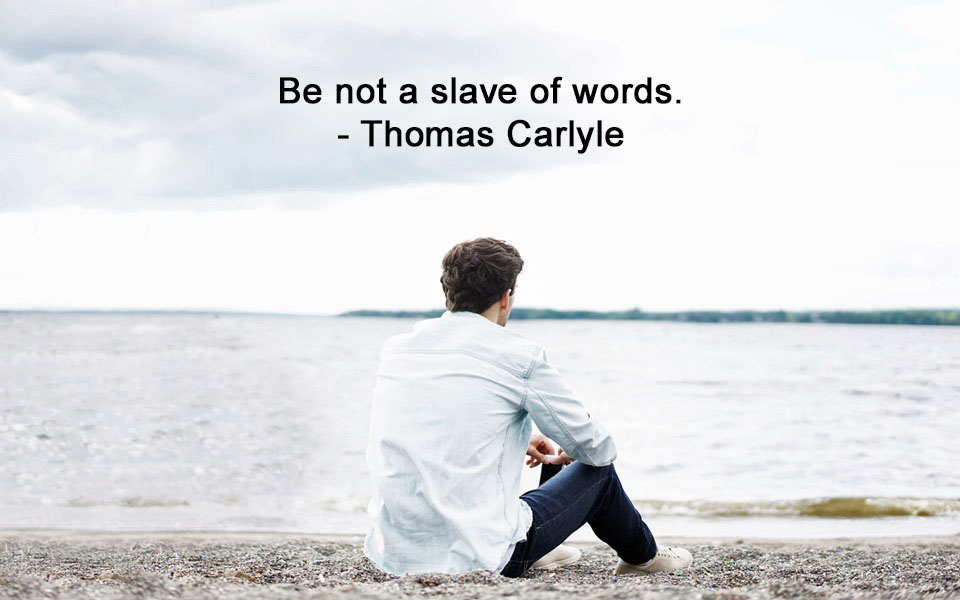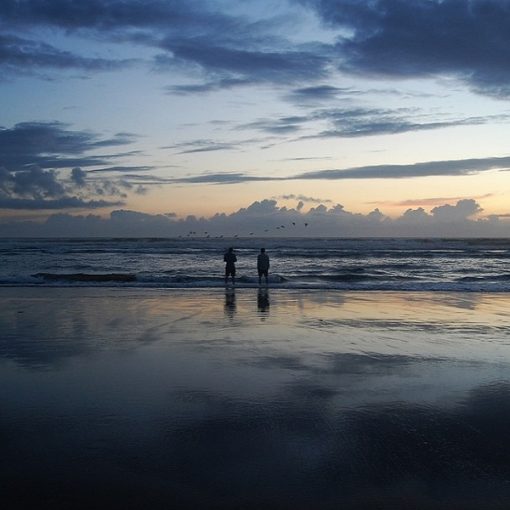A rose by any other name would seem so sweet. This excerpt from Shakespeare’s Romeo and Juliet is beneficial in our inquiry into conscious living. However, a word through expressed interpretation or definition of any person, situation or thing limits active presence and conscious expansion. Thus, the brain confuses us through labels that represent a given reality. But, these words are ultimately insignificant to a person that is consciously living in the isness of now.

Shakespeare could easily have written a word by any other name would seem so sweet. It is apparent that Shakespeare’s written works share philosophical perception into living life beyond mind generated details. Perhaps, he understood the ultimate futility of any word in labeling something. Let’s consider that words or definitions of anything do not actually change or affect the isness (beingness) of something. A stepping stone to conscious awakening lies within this insight.
Words Complicate the Beingness of Life
Understandably, words have a practical usage in daily activities. But, the significance of any word stops at this communication procedure. A word can never be the true actuality of something. A word is never it. It, represents the beingness of presence. This is correct whether we are speaking about the weather, the world or any experience. We have known of consciousness for at least a few thousand years. Still, it’s unknown if we will one day choose aware presence and conscious living instead of listening to the mind. Again, as mentioned above, it is fine to use words as practical stepping stones to conscious living.
Nonetheless, please don’t confuse words, labels and definitions with the isness of this moment. This is a useful exercise in nonattachment. Thus, unbound from words and thoughts, you will easily acknowledge the vastness of conscious awareness in a state of presence.
On that note, here is a reading suggest for you and your interest in conscious awareness. The Origin of Consciousness in the Breakdown of the Bicameral Mind by Julian Jaynes. The psychologist suggests that our consciousness didn’t begin until as recently as 3000 years. You might find the book insightful. However, it will possibly push you beyond the preconditioned limits of the mind.





